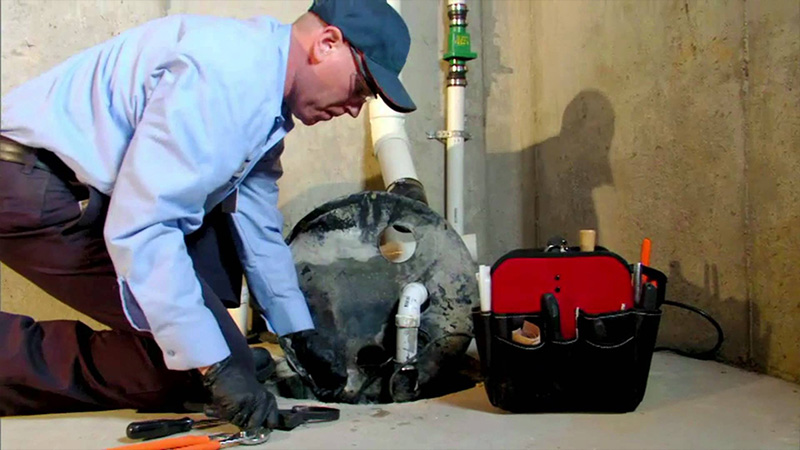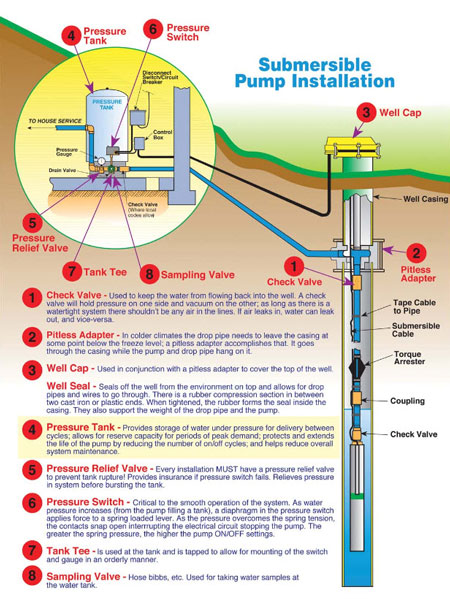Advanced Water Softeners: Bid Farewell to Hard Water Woes Permanently
Advanced Water Softeners: Bid Farewell to Hard Water Woes Permanently
Blog Article
Understanding the Key Components of Effective Water Filtering Equipments

Significance of Water Purification Solution
Water purification systems play a crucial duty in making certain accessibility to clean and risk-free drinking water by successfully removing contaminants and contaminations. These systems are important in resolving the expanding worries over water high quality and the potential health threats connected with consuming infected water. By making use of different purification systems such as reverse osmosis, triggered carbon, and UV sanitation, water purification systems can successfully eliminate harmful substances like germs, viruses, heavy steels, and chemicals from the water.
In addition, water purification systems assist to improve the taste and odor of water by removing chlorine, sediments, and various other contaminants that can impact its quality. Well Pump Replacement. This enhancement in water high quality not only makes it more tasty however additionally urges individuals to consume an adequate quantity of water daily, promoting much better hydration and general wellness
Kinds Of Purification Parts

Physical filters are developed to literally stress out contaminations from the water. These filters can be constructed from products like ceramic, carbon, and even sand, and they work by trapping fragments larger than the filter's pores as water passes with.
Chemical filters make use of different chemical procedures to eliminate contaminants from the water. Instances consist of triggered carbon filters, which adsorb pollutants, and turn around osmosis membrane layers, which make use of stress to different pollutants from the water.
Biological filters utilize living organisms like algae or microorganisms to damage down raw material and contaminants in the water. These filters are typically made use of in wastewater therapy plants or natural water purification systems.
Comprehending the different types of purification elements is crucial for choosing one of the most appropriate water filtration system for details filtration needs.
Feature of Sediment Filters
Debris filters play a vital function in water purification systems by successfully recording solid particles put on hold in the water. These filters are generally the very first line of defense in a purification system, removing larger particles such as sand, silt, dirt, and corrosion before the water moves through finer purification stages. By trapping these debris, the filters stop them from getting to downstream parts, thus prolonging the life-span and effectiveness of the whole system.
Disregarding this upkeep can lead to obstructing, minimized water flow, and jeopardized filtration effectiveness. Generally, debris filters are crucial elements that add dramatically to the efficiency of water purification systems.
Function of Activated Carbon Filters
Playing a crucial function in water filtering systems, activated carbon filters contribute in getting rid of contaminations and contaminants from the water. These filters are created to adsorb and catch a large range of toxins, including chlorine, unpredictable organic substances (VOCs), pesticides, and herbicides. The turned on carbon product has a big surface area, enabling the effective trapping of pollutants with a procedure called adsorption. As water passes with the filter, the turned on carbon brings in and holds onto the pollutants, ensuring that the water that appears on the other side is cleaner and more secure for usage.
Activated carbon filters are extremely effective at improving the preference and smell of water by minimizing chemicals that can impact its quality. They are likewise with the ability of eliminating specific heavy steels like lead and mercury. Furthermore, these filters can help avoid the accumulation of microorganisms and algae in water, further improving its overall top quality. Because of their adaptability and integrity, turned on carbon filters are a key component in guaranteeing that water is detoxified to the highest criteria before reaching consumers.
Comprehending Reverse Osmosis Equipments
Reverse osmosis systems are innovative water filtration systems that use an advanced procedure to eliminate contaminants and impurities from alcohol consumption water. These systems work by applying pressure to the water, forcing it through a semi-permeable membrane. This membrane layer functions as a barrier, permitting just pure water molecules to travel through, while blocking larger molecules such as minerals, chemicals, and other impurities. Consequently, the water that comes out on the other side is significantly cleaner and safer for consumption.
One key benefit of reverse osmosis systems is their capability to get rid of a wide range of contaminants, consisting of hefty metals, liquified infections, bacteria, and solids. This makes them extremely efficient i loved this in improving the total top quality and safety of alcohol consumption water. Additionally, reverse osmosis systems are relatively low-maintenance and can be mounted under the sink or in a central filtration system, supplying convenient accessibility to clean water throughout the house. On the whole, understanding just how reverse osmosis systems function can aid individuals make educated choices about their water purification needs.
Final Thought
In verdict, reliable Web Site water filtration systems are vital for guaranteeing clean and risk-free alcohol consumption water. By understanding the function and role of each element, people can make educated decisions when selecting a water filtration system.
Water purification systems play a vital role in making sure accessibility to safe and clean drinking water by properly removing impurities and pollutants. By making use of numerous filtering mechanisms such as reverse osmosis, turned on carbon, and UV sterilization, water filtration systems can efficiently get rid of unsafe substances like bacteria, infections, hefty metals, and chemicals from the water supply.
Debris filters play a vital function in water filtering systems by effectively recording solid particles put on hold in the water (Water Filtration Systems).Playing additional reading a crucial function in water filtering systems, activated carbon filters are important in eliminating pollutants and impurities from the water supply.Reverse osmosis systems are sophisticated water filtering systems that use a sophisticated process to eliminate contaminants and impurities from drinking water
Report this page